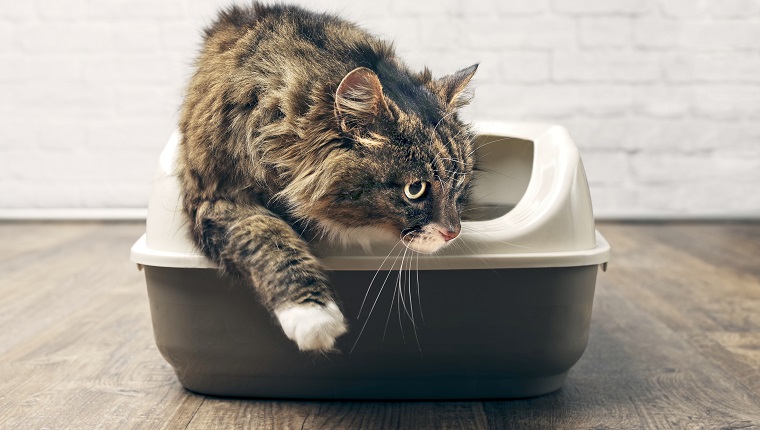Coccidia in cats is a medical condition that refers to a watery and foul smelling type of diarrhea. It is caused by a parasite that makes its way to the intestinal tract.
The most common way that a cat can contract this condition is by coming into contact with the feces of another infected animal. Kittens are particularly at risk due to their relatively…









